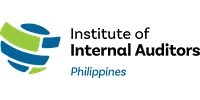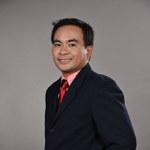Event Details
Focus & Features
As companies adjust to the "new normal" of remote operations during the COVID 19 pandemic maintaining focus on the effective operation of internal controls is critical. The shift to remote operations will likely require adjustments to internal control processes and timely identification of those adjustments will be key to maintaining an effective internal control environment.
Control self-assessment (CSA) is a technique that allows managers and work teams directly involved in business units, functions or processes to participate in assessing the organization's risk management and control processes. In its various formats, CSA can cover objectives, risks, controls and processes. Internal auditors can utilize CSA programs for gathering relevant information about risks and controls; for focusing audit work on high risk, unusual areas; and to forge greater collaboration with operating managers and work teams. Managers can utilize CSA programs to clarify business objectives and to identify and deal with the risks to achieving those objectives.
What You Will Learn
I. Overview & Background
- The "self" factor in Controls Assessment
- Origin & Definition
- Its Nature
- The Three Lines of Defense and Responsibilities for Risks
- How CSA has been adding value so far to adopters?
- Controls Assessment Paradigm Shift
- The outlook for CSA
- Traditional Audit vs. COSO/CSA Audit Approach
II. CSA Concepts
- The COSO Framework
- The CSA Formats
o Surveys
o Management-produced analysis
o Facilitated workshops
- The design of a conventional internal audit activity
- Root-case analysis/ Fishbone Diagram (Cause and Effect) methodology
- The CSA Process
a. Planning & Preliminary Work
b. Workshop
c. Reporting
d. Action Plan Development and Monitoring




